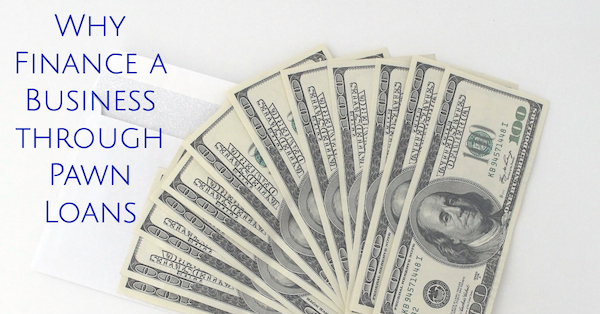“They must be in serious financial distress.” That has been a common perception of folks who seek out pawn loans. However, current trends indicate quite the opposite. With economic growth on the rise, small business owners are looking to grow their businesses, and entrepreneurs are looking to seize money-making opportunities. Unfortunately, the stagnant paper pushing […]

August 13, 2018

June 25, 2018
History of Hong Kong Pawn
Pawn shops have a long and robust history throughout the world. One of the longest-running pawn civilizations is that of Hong Kong. Dating back to 3,000 years, Buddhist monks began the first ever recorded pawn and trade operation when they began granting loans to peasants while holding common household goods as collateral. The world took […]

August 8, 2016
Traditional Loans vs. Pawn Loans
The recent wave of reality TV shows has created a perception that pawn shops are really great places to buy and sell unique and/or rare items. However, that perception is a bit skewed and has taken the focus off of what pawn stores were originally intended for. That is, to provide loan options to those […]

Recent Comments